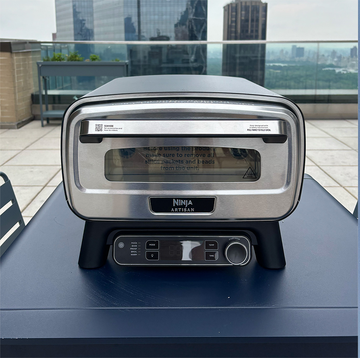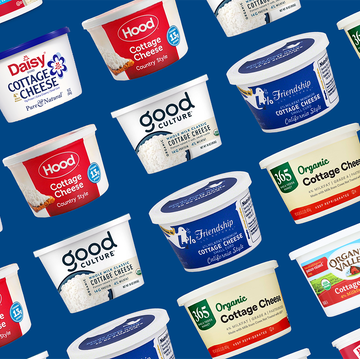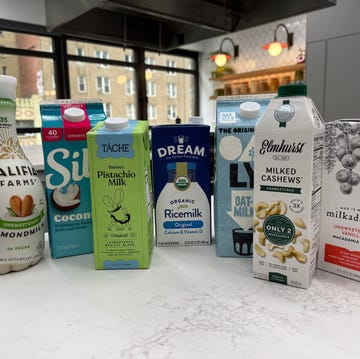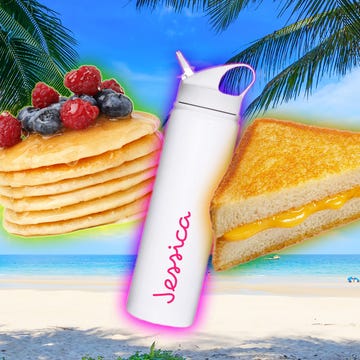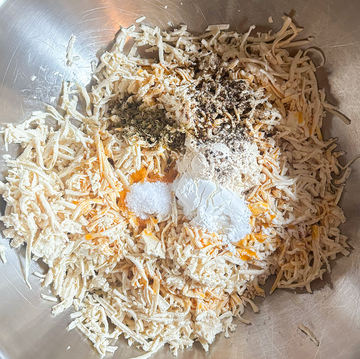You might think that butter and sugar are responsible for all desserts that taste delicious. But oftentimes, eggs are at work, providing texture, color, and flavor in cakes, delicate cookies, and doughnuts. It's one reason why vegan bakers — who shun animal products like milk, conventional butter, and, yes, eggs — have their work cut out for them in crafting desserts that taste as good as conventional recipes.
But a relatively new ingredient called aquafaba (chickpea water) is now making baking and cooking without eggs much easier, according to the New York Times — and possibly healthier. The stuff is exactly what it sounds like and is the juice you probably drain every time you open a can of chickpeas.
While you'd never mistake a chickpea for an egg, chickpea water appears to share some of the same properties as egg whites, which boast a perfect ratio of water to protein that can be whipped into a frothy foam for lightweight baked goods like meringues and macrons as well as other egg-based spreads.
Turns out, aquafaba can turn the same party trick:
"Aquafaba is amazingly powerful," confirms Zsu Dever, author of Aquafaba: Sweet and Savory Vegan Recipes Made Egg-Free With the Magic of Bean Water, due out in fall. "And since aquafaba is not as finicky to whip as egg whites [which you can easily over-whip], I would say that with a reliable recipe and some accurate instructions, aquafaba is preferable to egg whites."
And because it's unlikely to carry food-born illnesses like salmonella, which can be found in eggs, aquafaba may also be safer to work with — particularly for people who want to have their cake and eat their batter too.
While chickpea water is only sold inside chickpea cans for now, and there are no nutritional facts for calorie-counters to consult, the stuff is said to have an estimated 3 calories per tablespoon and trace amounts of protein and minerals compared to the 8 calories and 2 grams of protein per tablespoon of egg whites. (Neither ingredient is a major caloric investment — it's the other stuff in baked goods, like fats and sugars, that really rack up the calories).
Just don't try to use chickpea water in recipes that call for whole eggs. Because they're made up of fat and protein, "yolks are a different ballgame," Dever explains, noting that many recipes direct bakers to separate whites and yolks for just this reason.
While everyone gets used to the idea of infusing baked goods with bean water, you can dive right in. One egg white typically fills 2 tablespoons, so you can use 2 tablespoons of chickpea water to replace each egg white in a recipe, according to Zsu. It's a perfect hack for the next time you find yourself one egg white short while baking — particularly if you agree that bowl-licking is the best part of baking. So, vegan treats for all! (Assuming you don't finish all the batter yourself.)
Follow Delish on Instagram.




